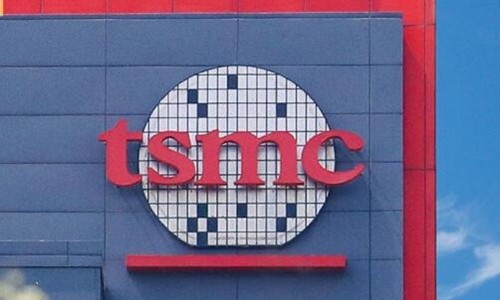Published :5/5/2021 10:05:49 AM
Click Count:2103
The chairman of TSMC told ABC's CBS that TSMC is expected to catch up with customers' "minimum requirements" for automotive chip demand by the end of June.
Due to the shortage of chips in the industry, automakers around the world are closing assembly lines. In some cases, the former US government’s actions against Chinese chip factories have exacerbated this situation.
Taiwan is the birthplace of the booming semiconductor industry and the front and center of efforts to solve this problem. Taiwan’s chip makers have vowed to increase production capacity.
TSMC Chairman Mark Liu said in CBS’s "60 Minutes" comment on Sunday that they first heard about the shortage in December, and began to try to provide cars in the following month. Manufacturers squeeze out as much chip production capacity as possible.
He said: "Today, we think we can catch up with the minimum requirements of our customers before the end of June."

When asked what he meant that the car chip shortage would end in two months, he said "no".
Liu added: "This will have a time lag. Especially in automotive chips, the supply chain is long and complicated. It takes about seven to eight months for the supply chain to recover."
TSMC is the world's largest chip manufacturer.
Although the chip shortage was initially felt by automakers, it has since spread to other areas, such as consumer electronics.
TSMC's efforts to develop automotive chips, Asian production of chips worries the United States
Not long ago, TSMC has just decided to expand its 28nm automotive chip factory in Nanjing to increase the output of automotive chips. At present, the domestic 28nm chip is relatively mature, and will soon have a completely de-beautified domestic lithography machine.
TSMC's increase in automotive chip production is undoubtedly trying to seize the increasingly hot 28nm automotive chip market, and even monopolize the 28nm automotive chip market. This is quite detrimental to the development of domestic chips. If our own domestic market cannot nourish domestic companies, it will be more difficult for domestic chips to get rid of the status quo of "stuck neck" in the United States.